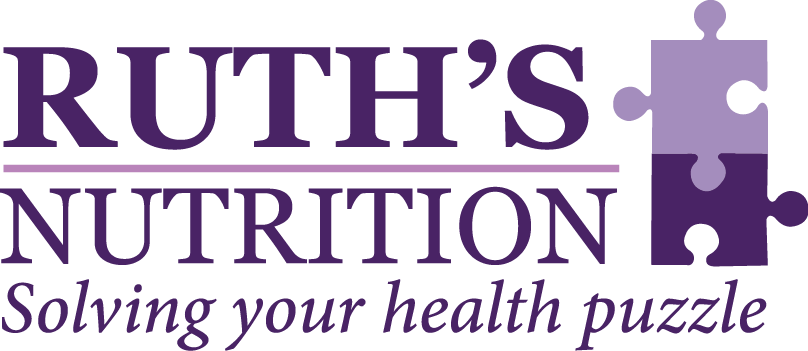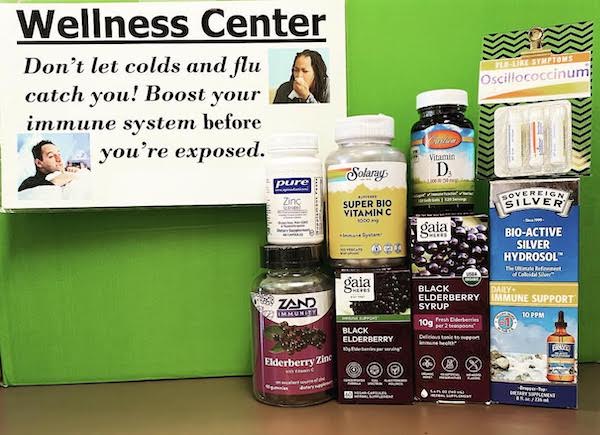Allergy meds have side effects: How to avoid overusing them

It’s allergy season again. Lots of itchy eyes, runny noses, and congested heads. Not fun. And we know that because of climate change allergy season is getting even longer. Sales of allergy medications continues to grow at an alarming rate.
Why alarming? Because allergy meds don’t come without side effects: drowsiness, high blood pressure, constipation, nasal irritation, dry mouth, etc. That means the healthiest goal is to use allergy medications as sparingly as possible. That’s where natural remedies come in. They are safer and some are as effective as over the counter antihistamines.
The Herbs
Keep in mind that many of these herbs can be found in combination in current natural allergy remedies, making them even more effective
Butterbur – A study published in the British Medical Journal found supplementing with Butterbur (Petasides hybridus) was as effective for allergies as Zyrtec (cetirizine). And it does not cause drowsiness.
Black Oil Seed – The seeds of Nigella sativa contain several fatty acids, one of which – thymoquinone – makes it possess anti-inflammatory and potent antihistamine effects. It prevents the release of histamine from mast cells and reduces the inflammation that causes nasal swelling. The oil can be taken orally as oil or in capsule form, or used topically in nasal passages.
Quercetin – Found in many plants, quercetin is a flavonoid that is anti-inflammatory and an antioxidant. It inhibits the release of histamine from mast cells, working a step sooner than antihistamines. It has a huge safety profile and is safe for children.
Stinging Nettle – This plant is high in quercetin, so it’s little wonder that it has long been used as an anti-allergy remedy.
Vitamin C – Many natural practitioners recommend taking 2,000 mg of vitamin C daily during allergy season. That’s because higher levels of vitamin C can lower blood levels of histamine by inhibiting histamine production and release, as well as increasing the enzyme that breaks down histamine allowing it to be cleared from your body faster.
Spirulina – Studies have found daily consumption of this blue-green algae improves symptoms of allergic rhinitis, specifically nasal discharge, sneezing, nasal congestion, and itching.
Bromelain – This enzyme found in papaya and pineapple can reduce the swelling that comes with allergies and thereby improve breathing.
Sea Buckthorn – The oil from this plant (Hippophae rhamnoides) is high in vitamins E, A, and C, as well as quercetin. In addition, it contains large amounts of SOD (superoxide dismutase), an enzyme that is critical to respiratory health. Sea Buckthorn supplementation helps maintain healthy mucus membranes.
Tumeric – This well-known spice (Curcuma longa) is a potent anti-inflammatory. A study published in the American College of Allergy, Asthma & Immunology found that people with allergic rhinitis who took curcumin (an active ingredient in turmeric) for two months had reduced sneezing and congestion and improved nasal airflow compared to those who took placebo.
Lifestyle Choices
Nasal irrigation – Several studies have shown using a Neti Pot or other device to rinse nasal passages with salt water is beneficial for children and adults in lessening symptoms of allergic rhinitis.
HEPA filters – Using high-efficiency particulate air (HEPA) filters can remove airborne irritants such as pollen, animal dander and mold spores that may be in your home.
REFERENCES



